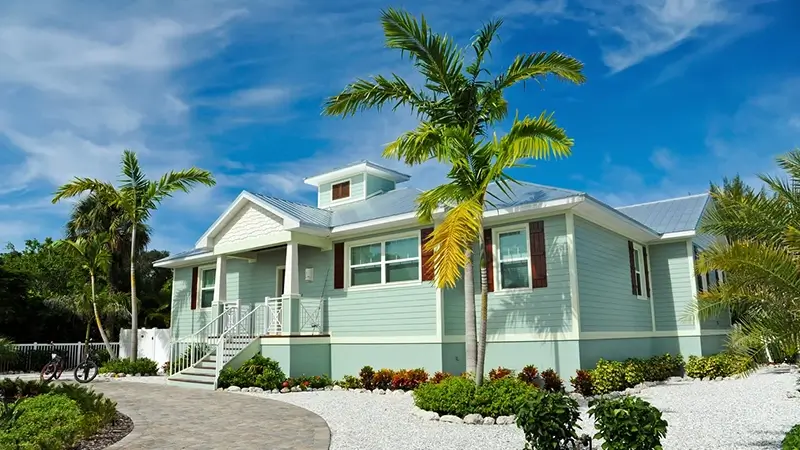Tips On How to Choose the Right Miami Realtor
As a foreign investor trying to buy a condo in Miami, you may find yourself feeling overwhelmed by this process. If you do not currently live in...

If you're leaving your old house for a new one for whatever reason, you're faced with the same dilemma as many others in your situation. Should I sell my apartment or rent it out?
Choosing whether to sell or rent is one of the many big decisions in life, and there's no easy answer to the question. Each choice has its potential benefits and drawbacks that you need to weigh in before making up your mind.
In this post, we're going to look at the pros and cons of each option. Hopefully, after reading it, the decision to sell or rent an investment property will be more apparent.
Over the last year, the housing market in South Florida has been soaring as more residents and businesses from high-tax urban areas move to the region. That means that renting out your apartment can be your best bet against inflation instead of selling and keeping the cash in the bank.
If you decide to become a landlord, your tenants will cater for the mortgage and other expenses. And since South Florida is a high-demand market, you're likely to make good cash out of the decision in the long run. Some of the instances when renting your apartment may make sense include:
On the flip side, there are several situations when selling makes more sense than renting:
When deciding whether to sell or rent out your property, you need to crunch all the numbers and ensure profitability. Should you decide to rent out your apartment, you need to put into account all possible expenses such as:
Even if all your apartments are occupied, you need to consider that, on average, tenants relocate every two years. Therefore, if you decide to rent out your apartment, you should be ready to deal with a month or several months of vacant rooms. However, you can recover from this by setting aside at least a month's worth of rent to cover the time between tenants.
Once you decide to rent out an investment property, you essentially become a self-employed small business owner. Consequently, you need to start paying taxes on your rental income. As per the IRS, you should familiarize yourself with the federal tax responsibilities.
Make sure you report all your rental income in your tax return and all the general expenses to be deducted from the rental income. These include:
However, you can't deduct the cost of remodeling.
There're situations when you should consider selling an investment property instead of renting it out. As an investor, the average time that you should hold property is seven to ten years. However, some things might come, in which case you shouldn't let this rule hold you back.
If the market is at a standstill for a long time, it might be time to consider selling the property before the market declines further. You can tell that the market is falling if you note more vacant properties in the region than average.
There's a time for everything; to sow and to reap. Therefore, if it reaches a point where you want to work part-time, you may consider selling some properties you've been holding for a long time. When deciding which properties to let go of and which to retain, outline them into negatively and positively geared properties.
Initially, you can let go of the negatively geared ones while you retain the positively-geared properties. But with time, you should also have a plan for letting go of the positive-geared properties and doing away with rental income taxes.
The main reason you dived into property investment is to tap into the capital gains. However, if a better opportunity comes along, then you should seize it. In this case, selling an investment property will be a good idea.
Even after researching before making a property investment, it reaches a point when the market starts to fall. If you start losing money and the property depreciates, then you need to consider selling it.
Hopefully, the above pointers have answered your question of “should I sell my apartment or rent it out?” But if you are still not sure what direction to take, we'll take a look at the pros and cons of each choice to guide you further.
If you sell, you lose your potential to benefit from your property's future value increase. Selling a property is not an easy thing, and it may take a long time in the market.
Before deciding whether to sell or rent investment property, you need to carefully analyze the market and the property's desirability. Then, depending on your findings, make the decision that best suits you.
But if you are still not sure which path to take, talk to us. Our industry experts will offer advice that will help you make sound investment decisions.

As a foreign investor trying to buy a condo in Miami, you may find yourself feeling overwhelmed by this process. If you do not currently live in...

When hiring an individual or CPA firm to prepare a tax return, filers need to understand who they're choosing and what important questions to ask.A...

Expanding your business sometimes means relocating to a new region. Florida is a popular landing place for foreign investors establishing a new...